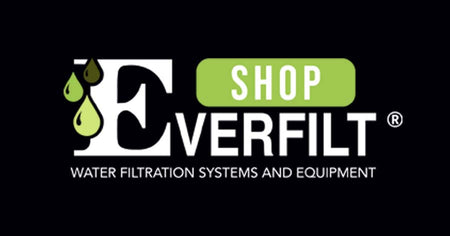
Enhancing Farming Practices with Effective Source Water Management
In the realm of farming and agriculture, the significance of source water cannot be overstated. From nurturing crops to sustaining livestock, water serves as the lifeblood of agricultural operations worldwide. In this article, we delve into the critical role of source water in farming, explore modern farming techniques, and highlight the importance of micron-level filtration systems in optimizing water quality for agricultural purposes.
Source Water: The Backbone of Farming
Farming is a multifaceted process encompassing various activities such as soil cultivation, seed planting, and animal husbandry. However, at its core, both plants and animals demand substantial quantities of water and nutrients to thrive. Source water, drawn from reservoirs, wells, streams, or ditches, serves as the primary irrigation resource for agricultural lands.
Nevertheless, utilizing open or unprotected water sources poses challenges, including the risk of contamination by debris such as trash, silt, and algae. Additionally, well water may contain minerals like iron, manganese, and arsenic, presenting further obstacles to efficient farming practices. Addressing these concerns through effective filtration and treatment measures is paramount to safeguarding crops and irrigation systems from potential damage.
Advancements in Farming Techniques
Innovation drives progress in farming, leading to the adoption of novel techniques aimed at maximizing yield, minimizing resource consumption, and reducing waste. Greenhouse farming, vertical farming, and hydroponics represent some of the pioneering approaches revolutionizing modern agriculture. These methods offer distinct advantages, enabling farmers to cultivate more produce within smaller areas, thus enhancing overall efficiency.
Central to these techniques is the utilization of quality water infused with essential nutrients to support optimal plant growth. Moreover, the implementation of water recycling practices, wherein unused water is reclaimed for future irrigation, underscores the importance of sustainable water management in farming operations. However, this necessitates the integration of advanced filtration technologies to treat wastewater to acceptable standards for reuse.
Micron-Level Filtration: Ensuring Water Purity
Water filtration systems play a pivotal role in maintaining water quality at the micron level, essential for seamless irrigation processes. In agricultural settings, a filtration level of less than 40 microns is typically deemed suitable, though specific requirements may vary based on factors such as soil type and crop variety.
For targeted contaminant removal, specialized filtration media tailored to agricultural needs are employed, guaranteeing pristine water quality essential for crop health. Moreover, pre-filtration measures, including filtration down to 5 microns, are crucial, particularly in systems incorporating Reverse Osmosis (RO) technology. By eliminating debris and impurities before water enters the RO unit, the risk of fouling and system malfunction is significantly reduced, ensuring an uninterrupted water supply for agricultural purposes.
Effective source water management lies at the heart of sustainable farming practices, facilitating optimal crop growth and resource utilization. By embracing innovative farming techniques and integrating advanced filtration solutions, farmers can overcome challenges associated with water quality and scarcity, paving the way for a more productive and resilient agricultural sector. As we navigate the evolving landscape of agriculture, prioritizing water purity and conservation remains imperative for ensuring food security and environmental sustainability in the years to come.
